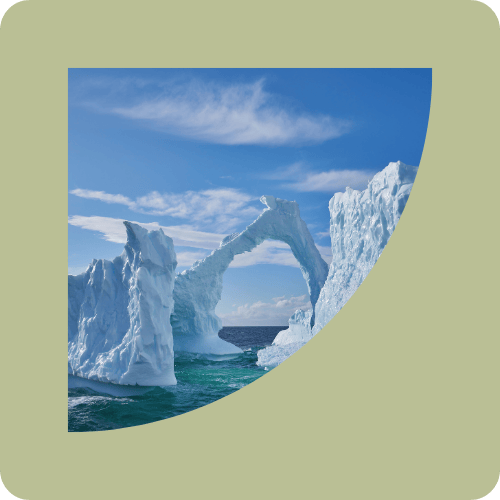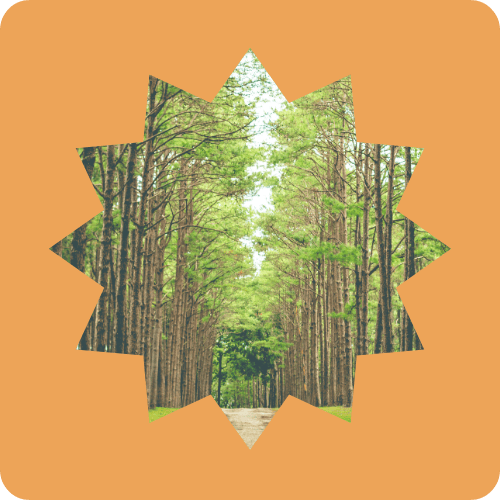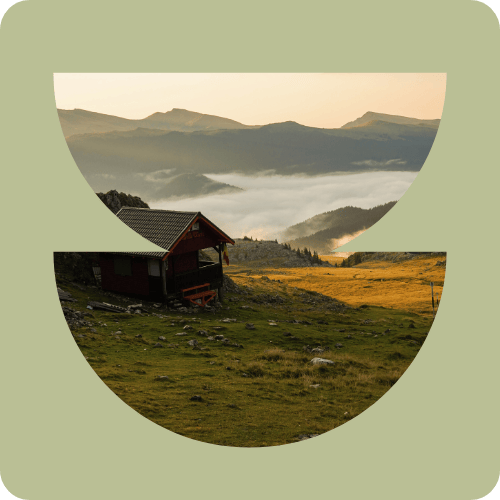Voting in Ontario Municipal and School Board Elections
Author
Anna Huschka
My name is Anna (she/her), and I am a white settler located on the lands of the Williams Treaty First Nations – the Alderville First Nations, Beausoleil First Nation, Chippewas of Georgina Island, Chippewas of Rama, Curve Lake First Nation, Hiawatha First Nation, and Mississaugas of Scugog Island. I do not intend to speak on behalf of any communities I am not a part of. I hope to leverage my position of privilege as a cisgender white woman to amplify the efforts and voices of those doing so much work towards climate justice in their communities across the country. I want to be a part of challenging the Euro-settler-centric and Western values that currently shape climate policies, to counteract colonial and systemic barriers, ensuring that the concerns, exposures, and knowledges of diverse communities are adequately incorporated into environmental policies and projects. As a part of the Shake Up Your Community project, I hope to help support climate work at all scales and showcase the community-based efforts that have developed out of necessity of addressing the issues of climate justice. As a biology major and politics minor, my passion for environmental politics developed from a sense of urgency and anger about the lack of action by decision-makers to adequately address the climate crisis. I aim to hold decision-makers accountable to climate commitments as well as diversify what is currently Canada’s political climate by identifying gaps in policies and projects by responding to calls for public feedback. Through the Righting History Project, particularly Practicing Rest, Recovery, Resistance: An Interactive Dreaming Journal, I hope to help youth see that their existence, and any contributions they make to the climate movement as a whole, regardless the scale, are beautiful acts of resistance to our colonial, capitalistic society.

Why Vote
Due to their lack of wide media coverage, municipal and school board elections are frequently overlooked, but it is still important to vote in them! Municipal governments are responsible for the formation and upkeep of local parks, local water systems, and roadways, as well as determining budgets for local police and community buildings like libraries, making them important influencers on the path for climate justice (1).
Voting Eligibility
In order to vote in municipal and school board elections in what is currently Ontario you must be a Canadian citizen and aged 18 or older, as well as qualifying to vote in that municipality (2). There are a few different ways in which someone is eligible to vote in a given municipality:
- 1. Resident Electors live in the municipality they are voting in – they own or rent property, live in shared accommodations, or live in that municipality without a fixed address (2).* You can only be a resident elector in one municipality*
- Non-resident Electors rent or own property in in a municipality, but it is not their main residence (2) *You can be a non-resident elector in any municipality in which you own or rent out property*
- Spouses of non-resident electors are also eligible to vote in the municipality in which their spouse owns or rents property (2). *ATTENTION STUDENTS – you are eligible to vote in the municipality you live in during the school year, and the municipality you consider ‘home’ outside of the school year (2)*
Voter Registration and Finding Your Local Candidates
*It is incredibly important to make sure that you’re on the voter’s list when voting in municipal and school board elections – there is currently no sharing between the voter’s lists from other levels of government with Ontario municipalities (2)*
To ensure you’re on the voter’s list and to find out the candidates for mayor, local government representatives, and school board trustees you can look on your municipality’s website. You can find your municipality’s website here:
Continue Learning with SUTE
SUTE has many other elections and politics resources available to support your continuous learning!
For information specific to elections, visit: https://www.shakeuptheestab.org/learn/categories/voting
For general information about politics, visit:
VOTE!!!
Municipal and School Board Election Day is October 24th, 2022!!!
Each of Ontario’s 444 municipalities will have different methodology for voting, whether that be in person, online, or by proxy. Be sure to check out your municipality’s website to figure when and how you can vote. #NotVotingFckingSucks
References
Parliament of Canada. The Three Levels of Government [Internet]. What is currently Canada: Parliament of Canada; [cited 2022, Sep. 26]. Available from: https://lop.parl.ca/About/Parliament/Education/ourcountryourparliament/html_booklet/three-levels-government-e.html
Ministry of Municipal Affairs and Housing. 2022 Voter’s Guide – Ontario municipal council and school board elections [Internet]. What is currently Ontario: Ministry of Municipal Affairs and Housing; 2022 [cited 2022, Sep. 26]. Available from: https://www.ontario.ca/files/2022-03/mmah-2022-voters-guide-en-2022-03-31.pdf



